Like the physical neighborhoods around them, the legislative and legal landscape surrounding New York’s co-op and condo communities is constantly evolving. While some changes are hailed as wins for boards and the residents they govern, others are seen as burdensome and overreaching. Because of the profound impact legislative changes can have on co-op and condo communities, it’s incumbent on not just attorneys, but also on boards and managers to stay abreast of what’s going on in Albany and City Hall, and to take the steps necessary to keep their communities compliant. Not doing so can be costly, in terms of potential litigation, liability exposure, and potential fines.
Here’s a quick look at some recent and proposed legislation in New York directly impacting co-ops and condos:
Limits on Deposits, Fees, & More
At the tail end of 2021, the State Senate voted to amend a bill known as the Housing Stability & Tenant Protection Act (HSTPA), which itself had gone into effect in 2019 and was intended to prevent rental landlords from exploiting a tight housing market by harassing and evicting tenants under dubious circumstances. The law had overreaching effects on the co-op and condominium sector, however—particularly on co-ops, which are regulated under many of the same laws as rental buildings.
According to Mark Hakim, an attorney with Schwartz Sladkus Reich Greenberg & Atlas based in Manhattan, “HSTPA was intended to provide protection to rental tenants by adding additional restrictions and notice requirements and limiting the monetary and legal actions landlords can take against tenants. Co-op corporations provide their shareholders with apartments through proprietary leases, similar in concept to a rental building. Unfortunately, HSTPA did not exempt co-ops, which are not intended to generate a profit, and are owned and managed by shareholders. Thus many of the provisions intended to protect tenants in rental buildings ended up adversely affecting cooperative corporations—including limiting security deposits to one month, limiting prepayment of maintenance, capping late fees and other fees charged to shareholders and prospective shareholders, and limiting how default notices may be sent.”
Unfortunately, Hakim says, many of those provisions ended up having adverse effects for co-ops. “Co-ops often require a maintenance escrow for prospective purchasers who may have been less financially qualified than the building would ordinarily permit,” he says. “And that would constitute a security deposit, which under HSTPA, cooperative corporations could no longer require. As is the law of unintended consequence, boards rejected these purchasers. The law actually hurt, rather than helped in these circumstances.”
Fortunately, says Hal Coopersmith, a partner at the NYC law firm of Coopersmith & Coopersmith, “many issues with the HSTPA affecting co-ops were addressed by S5105(c), which was passed December 23, 2021, and allows co-ops to collect deposits in excess of one month’s rent. It also allows for a late fee of up to 8% of the monthly maintenance, and provides an exception to the $20 cap on credit check fees for new applications. However, anytime a unit owner leases their apartment, they are still subject to the HSTPA. This remains a continuing issue, because we’ve found that co-op and condo boards haven’t found a good way to ensure that owners comply.”
Energy Efficiency Requirements
Recognizing the importance of sustainable practices, New York has introduced legislation aimed at improving energy efficiency in buildings, including co-ops and condos. According to Jimmy Carchietta, CEO of The Cotocon Group, an energy consulting firm based in Hicksville, foremost among the laws of concern for boards are Local Laws 95, 97, and 84/133. “Noncompliance with these regulations not only can lead to substantial monetary fines,” he says, “but can make buildings miss out on valuable incentive programs and energy savings.”
Local Law 95 (LL95) assigns every building over 25,000 square feet—including condos and co-ops—a letter grade based on the structure’s overall energy efficiency and water usage, and requires that grade to be posted at the property’s front door. “These grades are similar to the city’s restaurant grading program,” says Carchietta, “assigning a grade of A through D, and giving an indication of the building’s energy performance at a glance. The grades can help identify the scope of improvement within the building, whether it is retro-commissioning, energy audits, etc.”
Local Law 97 (LL97) aims to achieve a 40% reduction in the city’s greenhouse gas (GHG) emissions by 2030. Like LL95, it requires buildings over 25,000 square feet to meet new energy limits, with condos and co-ops assigned different emission limits based on occupancy group. Starting in 2025, Carchietta says, buildings must submit an annual emissions report stamped by a registered architect or licensed engineer, with steep fines for being over the limit, or for failing to meet the filing deadline.
Buildings larger than 25,000 square feet must also conduct annual energy benchmark reporting to comply with Local Law 84/133 (LL84/133). Benchmarking is a process of measuring, tracking, and reporting buildings’ energy and water consumption.
Compliance with the city’s sustainability laws may be mandatory, but it’s also beneficial to boards and residents, says Carchietta. “A building with high emissions that fails to meet the limits set by the city risks huge fines, high energy bills, and poor optics in a time when sustainability and energy efficiency are priorities for many prospective residents. That can result in slower sales, and even reduced property values.”
Access Agreements
A newer bill currently under consideration in Albany would change the way access agreements are struck between neighboring properties for the purpose of completing required Local Law work. State Senate Bill S1305/Assembly Bill A1321 (S1305) passed the Senate 59-1 on March 8 of this year, and is now before the Assembly Judiciary Committee.
“Access issues are often contentious,” says Jeremy Cohen, an attorney and partner with Seyfarth Shaw in Manhattan, “and for co-ops and condos, can implicate special issues, like obstructed terraces or commercial units.”
S1305 “establishes a framework…under which a property owner is required to give access to an adjoining owner making improvements or repairs to their own property,” says William McCracken, a partner with Manhattan-based law firm Ganfer Shore Leeds & Zauderer. When a building needs to do façade repairs to comply with Local Law 11, work crews often need access to the neighboring building. However, “you can’t just go onto the neighboring property without permission,” says McCracken. “That’s trespassing—so you need a license.”
McCracken and Cohen say the new legislation amends Section 881 of the Real Property Actions and Proceedings Law to make the licensing process more streamlined and predictable, imposing standards of commercial reasonableness in granting or refusing a license, and giving the court the express authority to award attorneys’ fees to either party if the other acts in bad faith or engages in misconduct. S1305 will be voted on before this legislative session ends in June.
Garage Inspections
Another Local Law with inspection requirements attached went into effect in the fall of 2022 and impacts co-op and condo communities with parking facilities on their premises—a topic back in the headlines after a garage on Ann Street in Manhattan’s Financial District partially collapsed in April of this year, resulting in the death of the garage manager, injuries to five others, and the evacuation of neighboring buildings. “Local Law 126/2021 (LL126/2021) was enacted by the New York City Department of Buildings (DOB) and mandates periodic inspections and reporting of all parking structures in the city,” says Marcello Tronci, senior structural engineer with CTL Group, based in Manhattan. “Owners of parking structures must hire a New York State licensed Professional Structural Engineer (PE) to inspect parking structures and file condition assessment reports with the NYC DOB at least once every six years.”
Under LL126, a parking garage that is classified as ‘unsafe’ or ‘safe with repairs and/or engineering monitoring’ (SREM) will be required to shut down until the repairs are done. This may include parking spaces being made unavailable to be rented until repairs are completed.
Short-Term Rentals
Big changes made earlier this year to the rules and regulations governing the use of platforms like Airbnb, Vrbo, and others got the endorsement of boards, managers, and residents alike concerned about the negative impacts of having short-term rental traffic in their buildings.
According to attorneys Adam Lindenbaum and Collin Chipetine of Manhattan-based law firm Rosenberg & Estis PC, “As of January 9, 2023, anyone looking to rent a property for 30 days or less will have to register with the Mayor’s Office of Enforcement (OSE) and display that registration number on their listing.”
Sometimes referred to as Local Law 18 (LL18), the new regulations don’t change the underlying rules governing short term rentals, explains Scott Smiler, partner at Manhattan-based law firm Gallet Dreyer & Berkey. “It’s still illegal to rent any unit for under 30 days if the owner or shareholder is not present and on the premises for those 30 days. The new regulation requires registration for both host sides in the transaction—the actual host and the hosting platform. Typically that’s Airbnb or Vrbo. Both sides need to register.”
“By enforcing this registration and the publication of such on any listing,” say Lindenbaum and Chipetine, “the city council has, in one stroke, made it easier for enforcement agencies—and the public—to see who is legally entitled to lease their property to strangers for periods of less than 30 days.”
One of the major components of the new regulation that will help boards control these rentals is the Prohibited Building List—a list of buildings that have officially forbidden shorter-term rentals and subleases by residents. “Individual co-op and condo buildings can affirmatively opt out of the short term rental market,” says Smiler. “If the host lives in a building that’s on the prohibited list, that’s a complete bar to registration. That’s why co-op and condo boards want this.”
There are also fines attached to the new regulations. A tiered penalty starting at $100 and increasing to as high as the lesser of $5,000 or three times the revenue from the illegal short-term rental may be imposed against both the individual host and the booking company handling the listing.
The More You Know
It’s of course not practical for a board composed of volunteers with jobs, families, and other obligations to know the intricacies of every new piece of legislation that comes down the pike. That’s where managers and legal counsel come in—a big part of their function in the administrative process is to actively inform themselves about any and all bills working their way through the halls of governance, convey that information promptly and clearly to their client community leaders, and help guide those leaders toward compliance. After that, it’s about keeping track of things like filing deadlines and anticipating amendments to existing regulations so boards can plan—and budget—accordingly and stay on the right side of the law.
Cooper Smith is a staff writer/reporter for CooperatorNews.




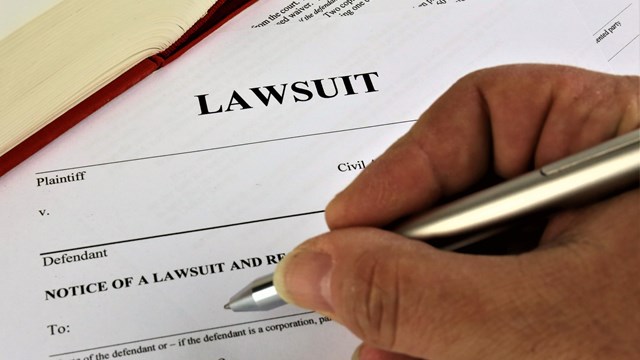

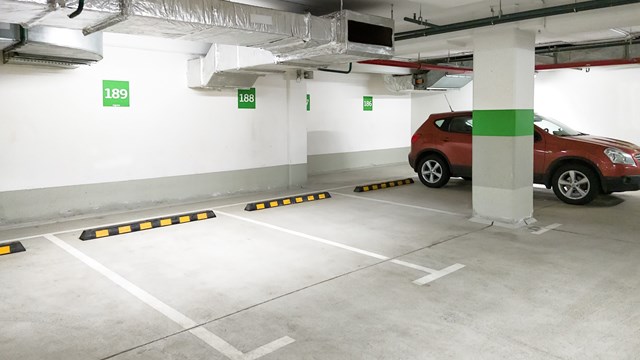
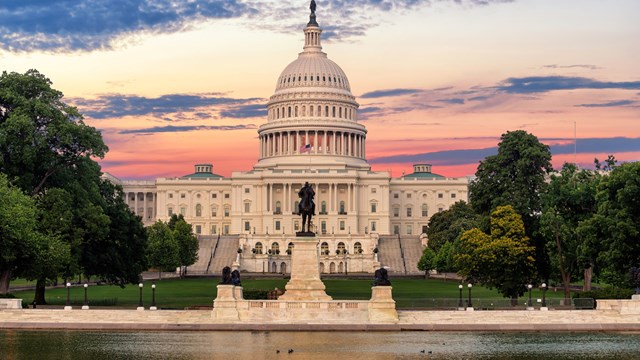
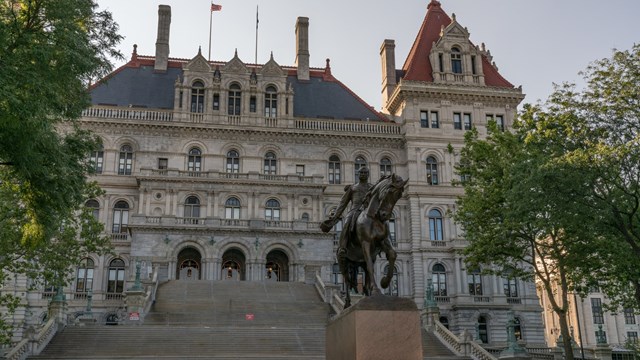
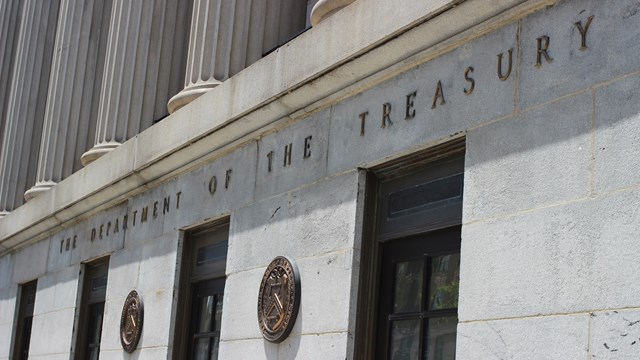
Leave a Comment